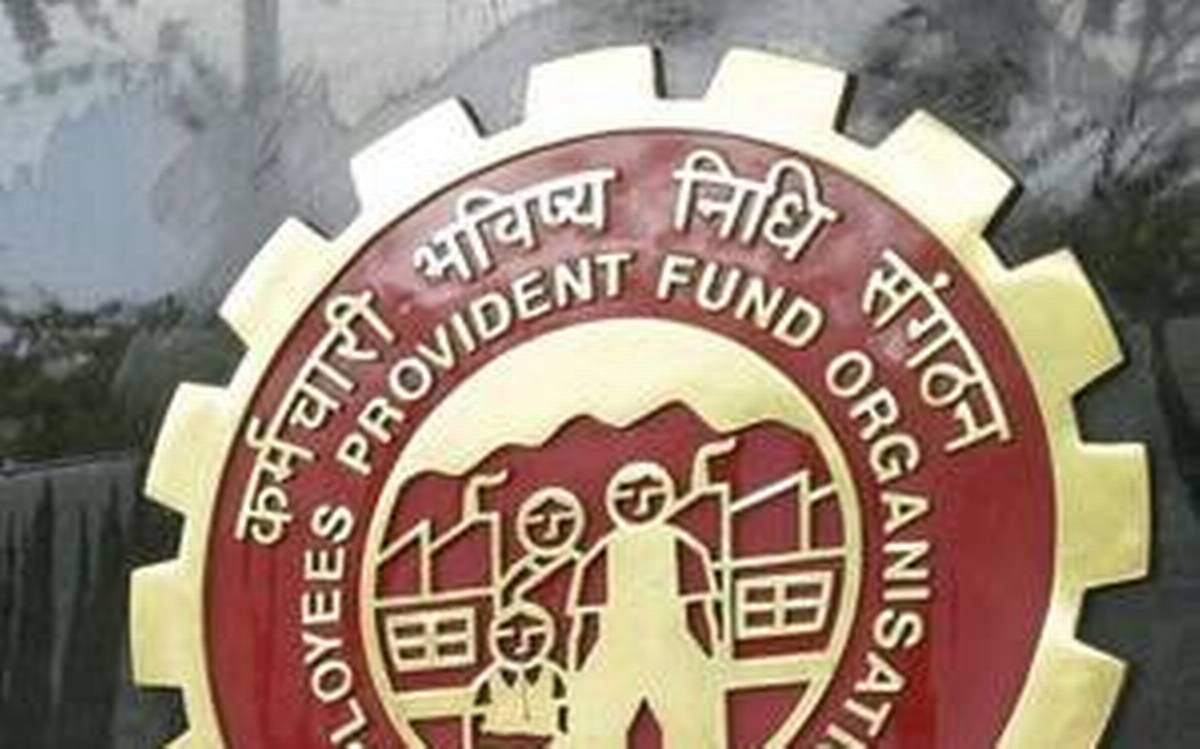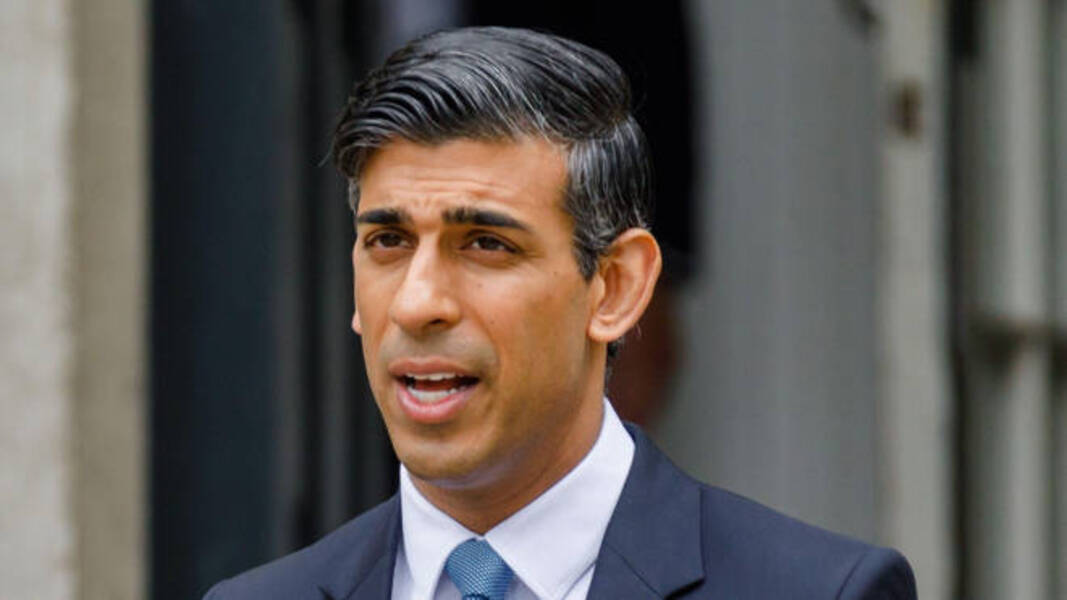The politics and economics of pension privatization in latin america
By Raúl Madrir This research note seeks to explain 'lvhya large nUl11ber of Latin Atnerican countries have privatized their pension systel11s in recent years. It argues that the privatization schelnes are a response to the severe capital shortages that have plagued their countries intennittently in recent years rather than to the financial problelns facing son1e of the pension systelns. The likelihood of pension privatization, 1 argue, is determined in large part by the vulnerability of countries to capital shortages as...










